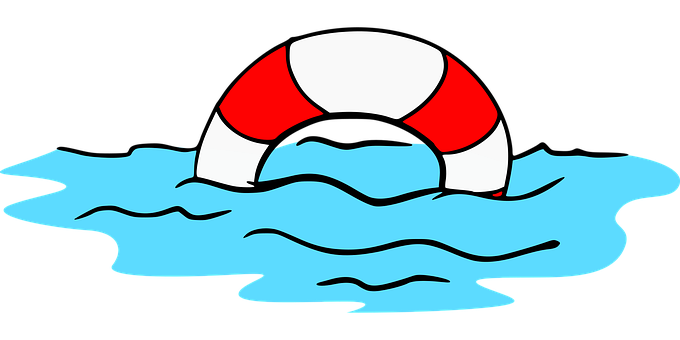Stay Ready: First Aid and Emergency Procedures in Early Childhood Education
Stay Ready: First Aid and Emergency Procedures in Early Childhood Education
When caring for young children, every moment matters—and so does every second in an #emergency. From bumps and scrapes to more serious incidents, #early-childhood- #educators must be prepared to act swiftly, calmly, and knowledgeably. That’s why first aid and #emergency- #preparedness are essential components of any high-quality #early-childhood program.
Whether you're a seasoned child care provider or new to the field, this guide covers the fundamentals of first aid and emergency procedures—and how ChildCareEd.com can support you with the training and planning tools you need.
Why First Aid and Emergency Planning Are Critical in Child Care
Children are naturally curious and active, which makes minor injuries and unexpected situations common. Proper training and a well-thought-out emergency plan can:
-
Reduce the severity of injuries
-
Save lives in critical situations
-
Ensure quick, organized responses
-
Build trust with families and #staff
-
Comply with state licensing requirements
In early childhood settings, emergencies can range from allergic reactions and #playground accidents to #natural-disasters and fire evacuations. Preparation is not optional—it’s a professional and ethical responsibility.
Core Components of Emergency Preparedness in Early Childhood Programs
Emergency and Disaster Preparedness Plan
Every child care facility should have a comprehensive emergency plan that covers:
-
Evacuation procedures
-
Lockdown and shelter-in-place protocols
-
Communication strategies with families and emergency responders
-
Roles and responsibilities for staff
-
Emergency supply kits
📝 Need help building or updating your plan? Access the Emergency and Disaster Preparedness Plan course at ChildCareEd.com. It provides step-by-step guidance tailored for #early-childhood environments.
CPR and First Aid Certification
In any emergency, the first few minutes are critical. All #staff-should be trained in:
-
Seizure and #asthma emergency care
🎓 Enroll in these essential courses today:
These fully online, self-paced courses meet state training requirements and include printable certificates upon completion.
Regular Drills and Staff Training
Training doesn’t stop after the course. Emergency preparedness should be practiced and reviewed regularly:
-
Rotate responsibilities to ensure all staff are confident and capable
-
Update training annually or as required by state regulations
Tip: Involve children in age-appropriate drills to help them stay calm and cooperative during real events.
Communication Protocols
During an emergency, clear communication is essential. Your emergency plan should include:
Be sure to update contact info regularly and include multilingual support if needed.
Empowerment Through Preparation
When early childhood professionals are well-trained and equipped, they can respond confidently—turning potential chaos into calm. The peace of mind this provides to children, #parents, and staff is priceless.
Whether you're developing a new emergency protocol or renewing your CPR certification, ChildCareEd.com has the tools to help you stay ready and responsive.
Start Your Training Today
🧠 Be prepared. Be confident. Be the calm in the chaos.
Visit ChildCareEd.com to access our growing catalog of #safety and #health training:
Safety isn’t just a policy—it’s a mindset. Equip yourself today and protect what matters most: our children.
- Ready and Resilient: The Importance of Emergency Preparedness
- Canada - Manitoba
- How to Start a Daycare with the Right Qualifications
- A comedic article about using playful scenarios to teach kids basic first aid skills
- Frosty’s First Aid Kit: Emergency Preparedness Tips for Educators During the Holidays
- Professional Development Training for New York Childcare Providers
- How to Become a Home Daycare Provider in Georgia
- The Shocking Truth About Medication in Childcare
- Basic Health and Safety Training: The Essential Guide for New Child Care
- What Parents and Educators Need to Know About Child Safety
- Basic Health and Safety in Childcare: A Complete Guide for Providers
- Emergency Preparedness Training for Childcare Providers: Keeping Kids Safe in a Crisis
- Stay Ready: First Aid and Emergency Procedures in Early Childhood Education
- Starting an In-Home Daycare? The Ultimate Checklist.
- From Band-Aids to EpiPens: Medical Administration Training in ECE
- Your Emergency Go-Bag: What Every Childcare Provider Needs on Hand
- When Seconds Count: Mastering Emergency Preparedness
